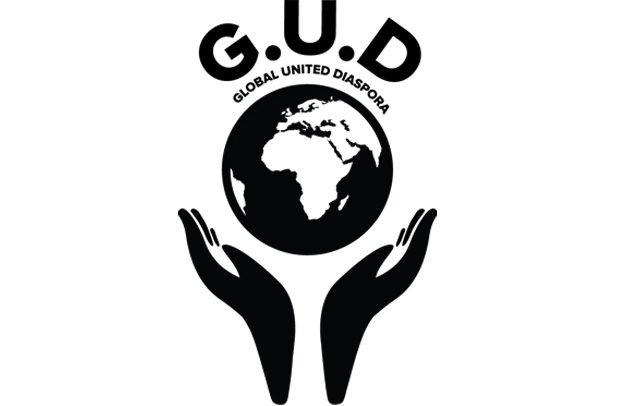GUD
The Global United Diaspora (GUD), a multi-national young professionals’ organisation, will be hosting the Afro-Philanthropic Conference on August 6 at the Kempinski Gold Coast Hotel in Accra.
The conference aims at creating a network that allows black NGOs to connect with and support each other and connecting potential donors to causes that resonate with them.
It also seeks to inspire participants and NGOs through the sharing of their success stories and journeys, as well as provide a platform to increase exposure of under-resourced NGOs within the diaspora.
This year, the conference will bring together delegates representing black non-profit organisations from around the world and provide a platform for them to unite, share projects and develop organisations by improving their effectiveness and efficiency.
At a press conference held on Friday, July 12 at the International Press Centre in Accra, Nia Mohammed, President of GUD, through a video interview, disclosed that executives of GUD will be arriving on the shores of Ghana on August 4 to put in place the final touches towards the preparation of the conference.
She said this year’s edition will focus on health and youth empowerment and will feature activities such as sports camping for youths, medical and dental outreaches at orphanages in rural areas, breast cancer screening, workshops, among others.
They will also see to the updating and improvement of the living quarters and school building of orphanages in the Volta Region.
She appealed to NGOs, civil societies and corporate institutions to come on board and support this worthy cause.
The conference is being held under the theme: ‘Returning To One’, and it is organised by NMJ Ghana ? a branding, advertising, marketing and events company with over a decade’s experience.
This year’s edition forms part of activities to mark the renowned ‘Year of Return’ as declared by President Akufo-Addo.
The Global United Diaspora (GUD) has, as part of its goals, to improve six sectors of community living, including education, health and medicine, infrastructure and engineering, agriculture and environmental preservation, water resources and sanitation and sustainable design.
By Nii Adjei Mensahfio


